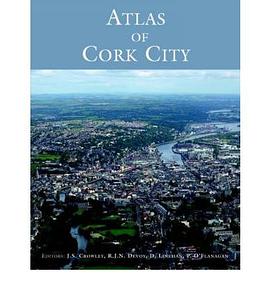

具体描述
The Atlas celebrates the peoples of the Greater Mekong Subregion, and presents the environmental and development challenges they face and their responses.
In 1992, Cambodia, the People's Republic of China, the Lao People's Democratic Republic, Myanmar, Thailand, and Viet Nam established the Greater Mekong Subregion (GMS) Economic Cooperation Program with the aim of strengthening economic linkages between them and to foster the achievement of common policy goals.
Progress in the GMS over the last two decades is reflected in improvements in infrastructure connectivity, promotion of trade and investment, stimulation of economic growth, and reduction of poverty. The GMS is poised to grow at 7.5% annually, doubling its economic output by 2020.
However, this progress has not been without adverse impacts on the environment. Increasing resource constraints, in particular finite land and water resources, suggest that innovative ways of achieving higher resource efficiency will be needed to support future development. In particular, integrating the management of energy, water, and agriculture systems will be essential in the GMS to move to more sustainable, greener paths of development.
In the 20th anniversary year of the GMS, this second edition of the atlas illustrates the exquisite beauty, bounty, and diversity of the subregion's natural environment, the tremendous progress made by the GMS countries over the past decades, and the need to address the increasing risks that they face.
ADB acknowledges the generous financial support provided by the governments of Finland and Sweden, and the People's Republic of China's Poverty Reduction Fund to the GMS Core Environment Program and Biodiversity Conservation Corridors Initiative, enabling publication of this atlas.
作者简介
目录信息
Foreword
The Greater Mekong Subregion Profile
Peoples and Cultures
Environment and Natural Resources
Development in the Greater Mekong Subregion
Challenges and Responses
Information Resources
· · · · · · (收起)
读后感
评分
评分
评分
评分
用户评价
相关图书
本站所有内容均为互联网搜索引擎提供的公开搜索信息,本站不存储任何数据与内容,任何内容与数据均与本站无关,如有需要请联系相关搜索引擎包括但不限于百度,google,bing,sogou 等
© 2026 book.quotespace.org All Rights Reserved. 小美书屋 版权所有




















